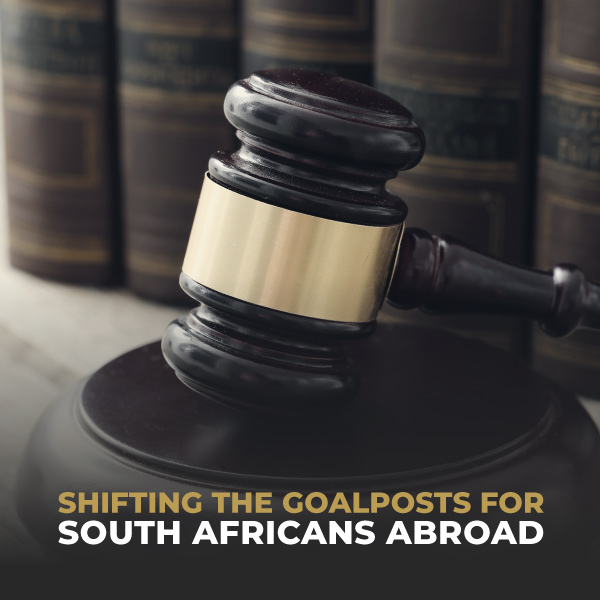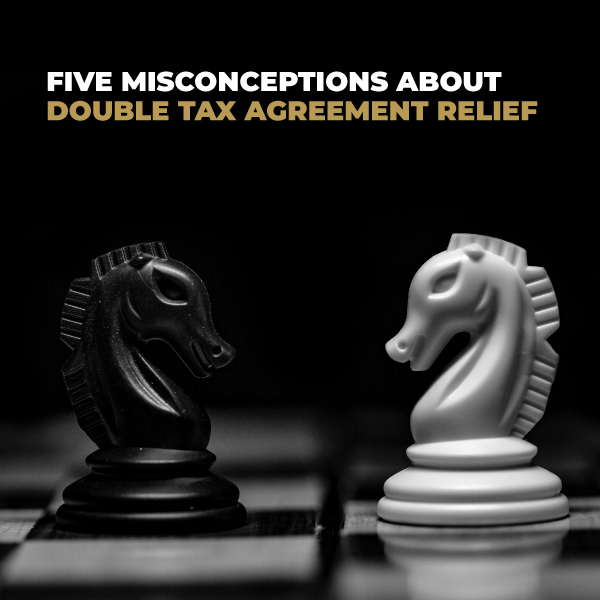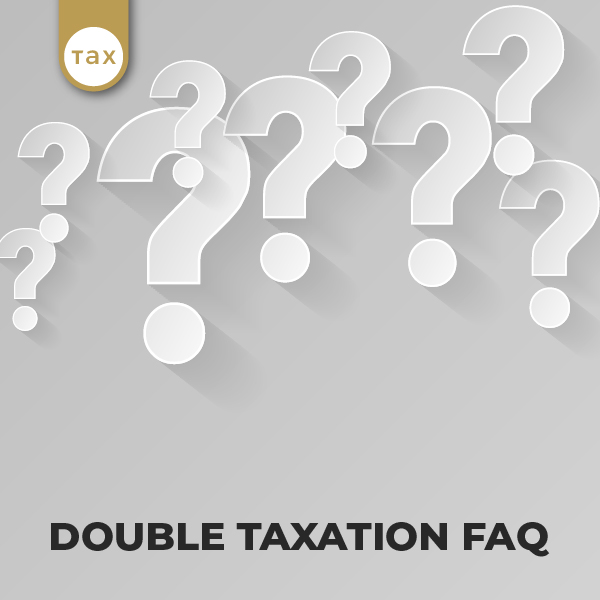Where you have international economic interests, your income may potentially subject to tax both in South Africa as well as in the foreign country, resulting in double taxation. A common misconception we see among South African expats is that they believe they are “automatically tax-exempt” just because there is double taxation treaty in place between the two countries. This is completely wrong and there are various factors that need to be considered, and objectively proven, and you are still required by law to file a tax return and “claim” exemption under treaty relief.
A Double Taxation Agreement (“DTA”) ensures that a taxpayer is not unfairly taxed in both South Africa and the corresponding country dealt with in any specific DTA. It thus provides a defence to double taxation and sets out various requirements that a taxpayer must meet to understand where that taxpayer falls as a tax resident.
Dependent on where a taxpayer falls as a tax resident, taking into account the DTA, will determine where the taxpayer must pay certain types of taxes on income received.
To correctly apply treaty relief on your foreign earned income, you will need to consider which country will actually have the right to tax your income. This is achieved through a measured approach, known as the tie-breaker test, and takes into consideration various factors such as if you have a tax residency certificate, where you have a permanent home, where your centre of vital interests are, i.e. where your family and economic ties are, as well as where your habitual abode is, to name a few.
![2025-logo-[Recovered] Tax Consulting South Africa](https://www.taxconsulting.co.za/wp-content/uploads/2025/01/2025-logo-Recovered.png)








